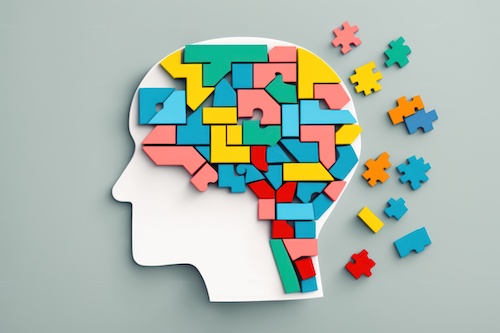Key points:
- Schools should focus on teaching skills that have enduring value
- See also: Here’s why STEM Career Days are a great idea
- See also: Building a STEM pipeline needs to start in kindergarten
- For more news on STEM learning, visit eSN’s STEM & STEAM page
First came headlines about AI-driven cheating. Next emerged a flood of time-saving tools for teachers.
Attend any education event today, and one phrase will echo in the halls: artificial intelligence.
AI’s presence in education is undeniable. However, the real question lies in its long-term impact on how we learn and work. With rapid acceleration of technology, predicting the job market 15-20 years from now becomes a daunting task.
Past educational trends aimed to keep up with emerging technologies. From typing and computer skills, to coding, robotics, and drones–there’s been a sense of urgency about introducing STEM into schools, and for good reason.
But something about AI is different. Namely, its remarkable speed.
With AI constantly evolving and improving, the traditional model of keeping up with the latest technological trends becomes impractical.
So, if schools can’t keep pace with AI’s rapid development and are uncertain about the future job landscape, how can they give students the head start they need for success?
Teaching what’s timeless: Power skills and mental models
The solution lies in embracing the timeless.
Rather than racing to keep up with the ever-evolving AI technology, schools should focus on teaching skills that have enduring value, regardless of how technology evolves.
These “meta-skills” are more commonly known as soft skills, or Power Skills. This “meta-knowledge” is encapsulated by the set of understandings called Mental Models.
Power Skills are foundational abilities that empower students to acquire and apply other skills necessary for success in diverse challenges.
Take, for example, leadership. Regardless of technological advancements, leadership remains a critical skill, shaping how individuals navigate challenges and collaborate effectively.
Mental Models provide students with tools to understand the world around them. Concepts like first principles thinking or supply and demand offer timeless insights applicable across various contexts.
For example, systems thinking is a category of Mental Models that helps students see the big picture, and how different parts of a system interact and influence each other. It helps students understand, for example, how new technology affects various domains, such as the economy, society, and the environment.
When Power Skills are paired with Mental Models, students are equipped to learn and thrive in any environment.
Opportunity amidst uncertainty
To think in extremes for a moment: Even if jobs become optional, Power Skills and Mental Models retain their intrinsic value.
Society will need people who have the foundational skills needed in any endeavor and situation. Even if careers as we currently know them are not a foundational part of life, Mental Models will still help us understand the world around us.
Rather than viewing the AI-driven era as a burden, schools can seize this opportunity to refocus their educational approach.
While staying informed about new technologies remains essential, there’s no need for an arms race in STEM curriculum alignment with the latest tech headlines, especially in the age of AI.
Schools can help students adapt by teaching timeless Power Skills and Mental Models. This approach ensures students are not merely equipped to adapt to specific technologies but are prepared to thrive–no matter what the future holds.
- A purposeful approach to tech integration - May 9, 2024
- How school leaders can foster a culturally responsive framework - May 9, 2024
- 4 strategies that bring nature’s power to your classroom - May 8, 2024

